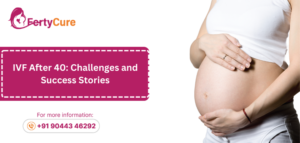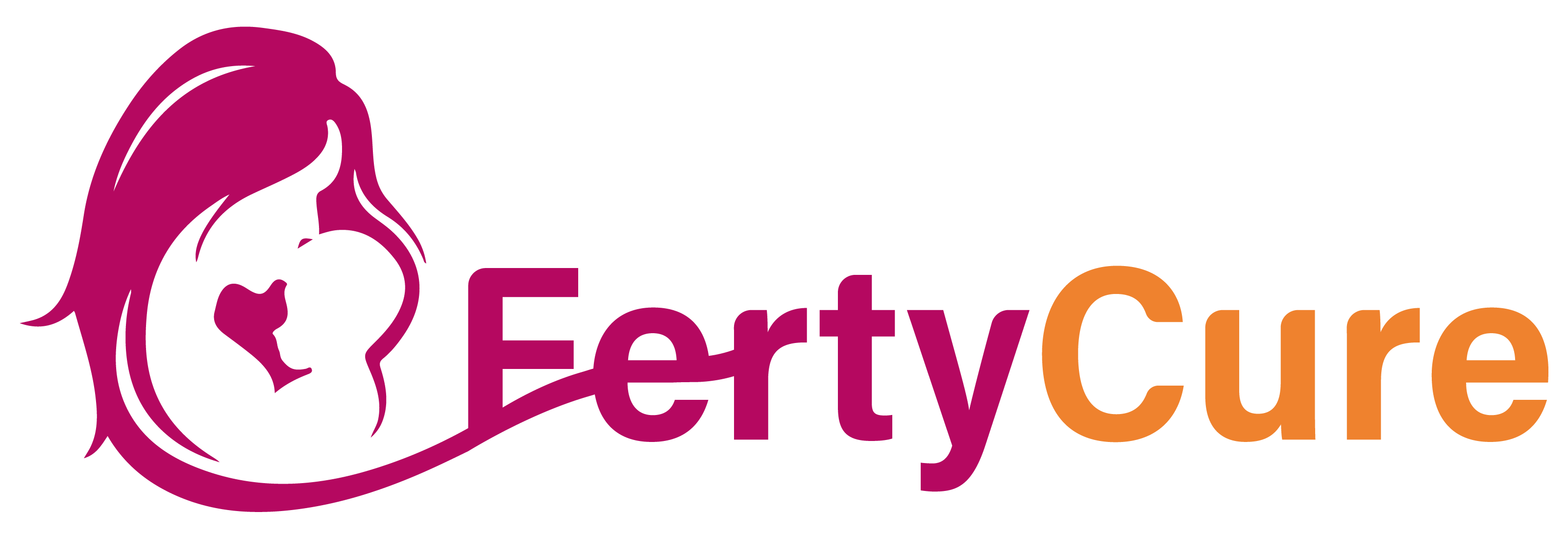Table of Contents
Outline of the Article
- Introduction
- Understanding IVF (In Vitro Fertilization)
- Definition and Process
- Reasons for Choosing IVF After 40
- Challenges of IVF After 40
- Age-related Fertility Decline
- Increased Health Risks
- Financial Considerations
- Success Stories of IVF After 40
- Inspirational Examples
- Advances in Reproductive Technology
- IVF Treatment Options
- Standard IVF
- IVF with Donor Eggs
- Preimplantation Genetic Testing (PGT)
- Preparing for IVF After 40
- Lifestyle Changes
- Psychological Support
- Understanding the Process
- Expert Insights on IVF After 40
- Interview with Fertility Specialist
- Tips for Increasing Success Rates
- The Emotional Journey of IVF
- Dealing with Uncertainty
- Coping with Setbacks
- Common Misconceptions about IVF After 40
- Age as a Sole Factor
- IVF as a Guarantee
- Ethical Considerations
- IVF and Its Impact on Relationships
- Communication and Support
- Navigating Difficult Decisions
- Alternative Paths to Parenthood After 40
- Adoption
- Surrogacy
- Addressing the Stigma
- Breaking Societal Barriers
- Empowering Women
- Conclusion
IVF After 40: Challenges and Success Stories
Introduction
In recent years, advancements in medical science have provided new hope for individuals and couples struggling with infertility. In Vitro Fertilization (IVF) has emerged as a viable solution for many, offering the possibility of starting or expanding a family. However, as women age, fertility declines, and for those considering IVF after 40, unique challenges and remarkable success stories come to light. This article explores the journey of IVF after 40, shedding light on the obstacles faced and the inspiring triumphs achieved by those who persevere.
Understanding IVF (In Vitro Fertilization)

Definition and Process
IVF is a fertility treatment that involves the retrieval of eggs from the woman’s ovaries, fertilization with sperm in a laboratory dish, and subsequent transfer of the resulting embryos into the uterus. It is a complex and delicate procedure that demands expertise and precision from medical professionals.
Reasons for Choosing IVF After 40
Many individuals or couples opt for IVF after the age of 40 due to various reasons. Some might have delayed starting a family for personal or career-related reasons, while others might have experienced infertility issues that required more advanced treatments.
Challenges of IVF After 40
Age-related Fertility Decline
One of the primary challenges of IVF after 40 is the natural decline in fertility that comes with age. As women approach menopause, the quality and quantity of their eggs diminish, making it more difficult to conceive.
Increased Health Risks
Pregnancy after 40 can be associated with higher health risks for both the mother and the baby. Certain health conditions, such as hypertension and gestational diabetes, are more prevalent in older pregnant women.
Financial Considerations
IVF treatments can be expensive, and as age increases, the chances of success might decrease, leading to potential financial strain on couples who pursue multiple attempts.
Success Stories of IVF After 40
Inspirational Examples
Despite the challenges, there are numerous heartwarming success stories of women achieving pregnancy and giving birth to healthy babies through IVF after 40. These tales of resilience and hope continue to inspire others on their fertility journeys.
Advances in Reproductive Technology
The advancements in reproductive technology, including better embryo selection through Preimplantation Genetic Testing (PGT), have contributed to improving success rates for older women pursuing IVF.
IVF Treatment Options
Standard IVF
Standard IVF involves the stimulation of the ovaries to produce multiple eggs, which are then retrieved and fertilized in the laboratory.
IVF with Donor Eggs
For women with diminished ovarian reserve or poor egg quality, using donor eggs can significantly increase the chances of a successful pregnancy.
Preimplantation Genetic Testing (PGT)
PGT helps identify genetic abnormalities in embryos before transfer, reducing the risk of certain genetic disorders and increasing the likelihood of a successful pregnancy.
Preparing for IVF After 40
Lifestyle Changes
Preparing for IVF involves adopting a healthy lifestyle, including proper nutrition, regular exercise, and avoiding harmful habits.
Psychological Support
Navigating the emotional aspects of IVF can be challenging, and seeking counseling or support groups can be beneficial.
Understanding the Process
Educating oneself about the IVF process, potential outcomes, and managing expectations can help individuals and couples cope better.
Expert Insights on IVF After 40
Interview with a Fertility Specialist
We interviewed Dr. Sarah Thompson, a renowned fertility specialist, to gain valuable insights into the complexities of IVF after 40.
Tips for Increasing Success Rates
Dr. Thompson shares her expert tips on optimizing success rates, such as personalized treatment plans and stress-reducing techniques.
The Emotional Journey of IVF
Dealing with Uncertainty
The emotional rollercoaster of IVF can be overwhelming, and learning to manage uncertainty is essential for maintaining mental well-being.
Coping with Setbacks
IVF is not always a linear process, and setbacks are a common part of the journey. Finding resilience and support during difficult times is crucial.
Common Misconceptions about IVF After 40
Age as a Sole Factor
Understanding that age is not the only determinant of success in IVF can dispel misconceptions surrounding fertility treatments.
IVF as a Guarantee
It’s essential to recognize that IVF is not a guaranteed solution, and other options may need to be considered if it is not successful.
Ethical Considerations
Exploring the ethical dilemmas associated with assisted reproductive technologies is vital for making informed decisions.
IVF and Its Impact on Relationships
Communication and Support
The IVF process can strain relationships, and open communication and mutual support are vital for maintaining strong bonds.
Navigating Difficult Decisions
Couples may face challenging decisions throughout the IVF journey, and addressing these together fosters understanding and unity.
Alternative Paths to Parenthood After 40
Adoption
For those for whom IVF is not an option or who seek alternative paths to parenthood, adoption can be a beautiful and rewarding choice.
Surrogacy
Surrogacy provides another avenue for individuals and couples to become parents, offering hope and joy to many.
Addressing the Stigma
Breaking Societal Barriers
Challenging societal stigmas and outdated perceptions of age and fertility can empower women to pursue their dreams of motherhood.
Empowering Women
Supporting and empowering women in their fertility choices is crucial for fostering a more inclusive and understanding society.
Conclusion
IVF after 40 presents both challenges and opportunities for individuals and couples seeking to build a family. While age-related fertility decline and increased health risks can be daunting, success stories and advances in reproductive technology provide hope and encouragement. The journey of IVF after 40 is a testament to the resilience and determination of those who dare to dream of parenthood.
FAQs
-
Is IVF after 40 safe?
While IVF after 40 carries some additional health risks, with proper medical care and support, many women have successful pregnancies.
What are the chances of success with IVF after 40?
Success rates vary depending on individual circumstances, but advancements in IVF technology have improved outcomes for older women.
Can lifestyle changes improve IVF success?
Yes, adopting a healthy lifestyle can positively impact IVF success rates by improving overall health and fertility.
Is adoption a better option than IVF after 40?
The decision between adoption and IVF depends on individual preferences, circumstances, and medical advice.
How can I cope with the emotional challenges of IVF after 40?
Seeking support from loved ones, joining support groups, and engaging in stress-relief activities can help cope with emotional challenges during IVF.

